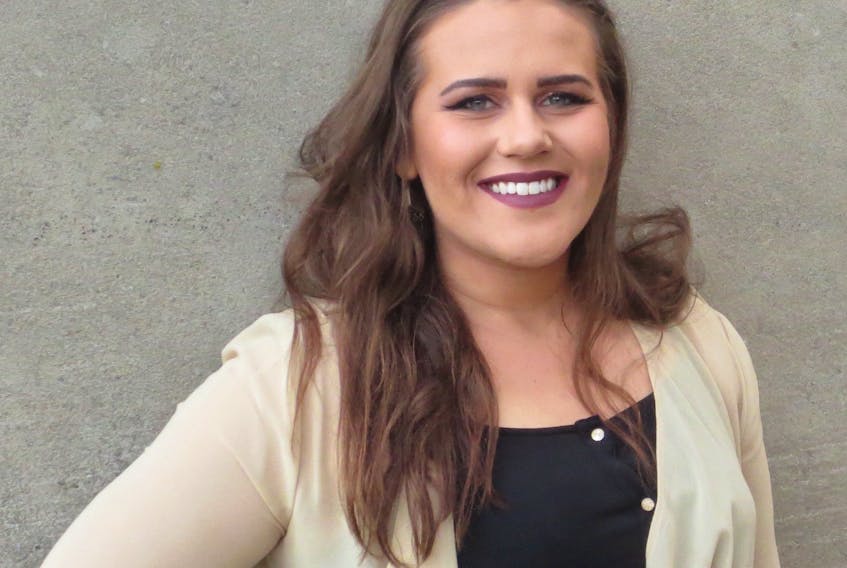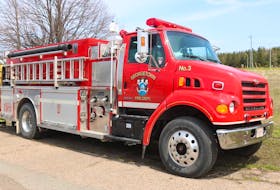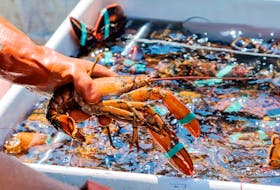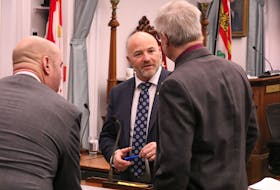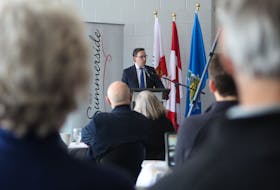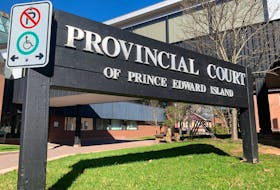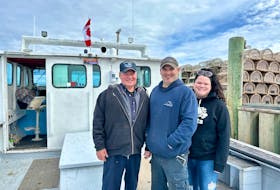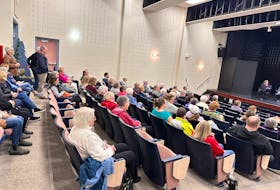Cassandra Paynter was working in the pro shop at Fox Meadows golf course when a man came through the door.
“My friend is having a weak spell. Could you please call an ambulance?” he asked.
A golf cart had been driven up under the balcony, right outside the front doors.
Paynter called the ambulance.
“He’s getting worse. Can someone come help?” the man said.
She passed the phone to the man and went outside. Wilbur Birt was sitting in the cart.
Paynter started to talk to him and breathed with him for about 20 minutes.
Birt’s golfing buddies were with him along with three of the marshals at the golf course.
She tried to keep Birt conscious and wrapped him in blankets.
When the ambulance arrived, Birt fell unconscious. He wasn’t breathing.
The paramedics moved him from the cart to the ground. They connected an AED to Birt and started compressions on his chest.
After one rotation, the paramedics asked if anyone knew how to do CPR.
Paynter stepped forward and started performing CPR while one of the paramedics breathed into Birt’s mouth. Another medic was giving him shots of adrenaline in the legs.
The marshals had never administered CPR before. She had to explain it to them on the fly.
“Do it. It can really come in handy and you can teach other people during the situation how to help.”
-Cassandra Paynter
“This is how you do it. Take over when I’m tired and then we’ll just rotate out,” Paynter recalled in an interview during CPR Month, which wraps up Nov. 30.
Then, the marshals took over for Paynter. All three of them helped at least once.
A second ambulance arrived. Paynter moved the golf cart. Four other paramedics took over. She stood to the side in case the medics needed anything.
After a very long time, they got a heartbeat.
Paynter waited nearby while the medics loaded Birt into the ambulance.
Paynter now says the severity of the situation came as a surprise.
“I thought it might be something minor,” she said, noting she had originally been told Birt was suffering from a weak spell.
“When he started going unconscious, I knew it was something that might be more severe. I’m glad the medics came when they did.”
About a month and a half after Birt’s recovery, he came to the golf course to meet her. He told her he was doing well and got the go-ahead from doctors to start golfing again.
“I started seeing him three to four times a week at the golf course. It was amazing to see him walk into the pro shop for the first time after the whole ordeal.
“It was quite a change from the last time I saw him. He looked really good. It’s pretty miraculous that he’s still OK.”
Paynter, 23, has been a lifeguard since she was 17. If people get the chance to do a first aid or CPR course it’s really good background training to have, she said.
“Do it. It can really come in handy and you can teach other people during the situation how to help.”

